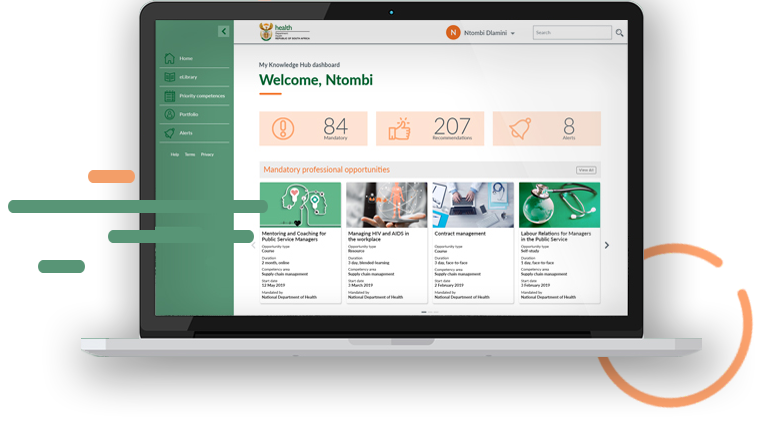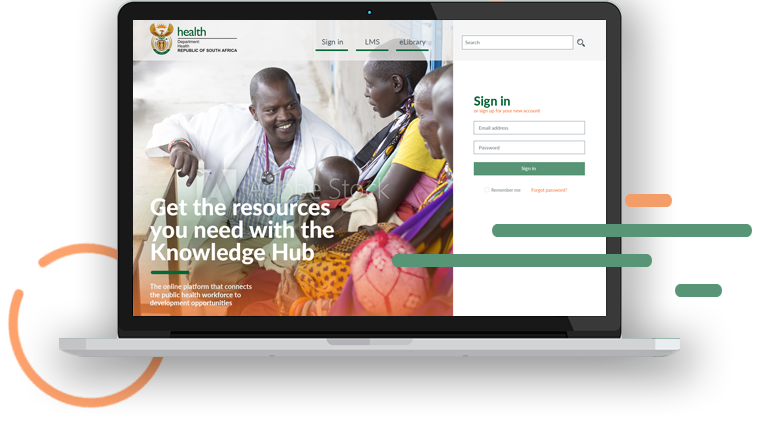Guide to Access the National AMR Surveillance Dashboard
Antimicrobial resistance (AMR) poses a major threat to clinical medicine and public health, nationally and internationally. Antimicrobials are not only essential for the treatment of severe infections such as bacterial sepsis or meningitis, but also opportunistic infections that may occur in patients predisposed to infections, particularly in hospitals. Surveillance for AMR is a key component in combating antimicrobial resistance. The National Department of Health (NDoH) developed a National Action Plan (NAP) for AMR which has as one of its objectives, surveillance for AMR.


